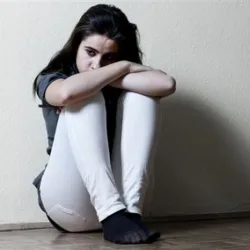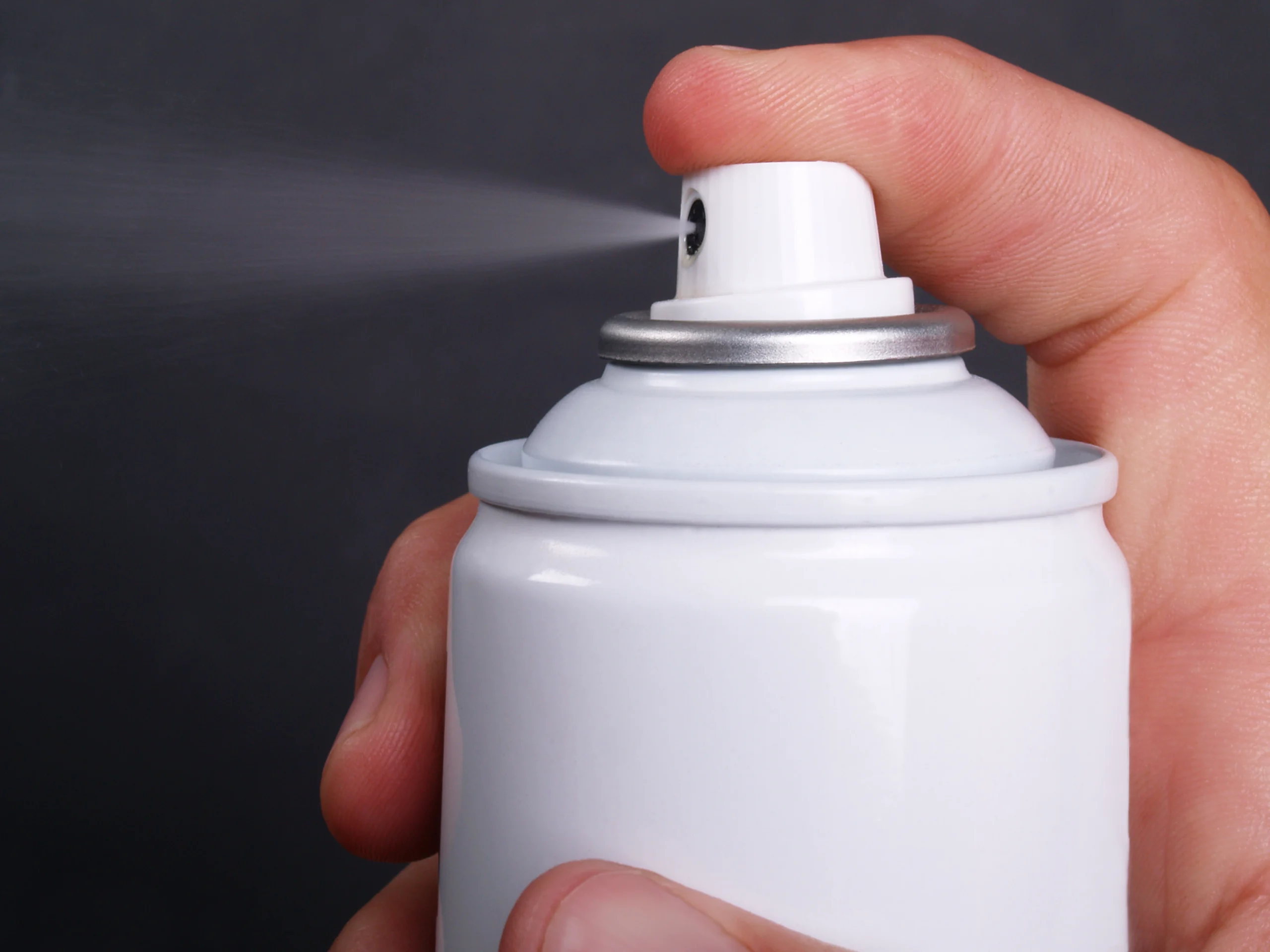Signs Your Teen Needs Alcohol Treatment and the Benefits of Outpatient Rehab

Many view underage drinking as a rite of passage. But the truth of the matter is that underage drinking is never okay.
Teens can go from having a few drinks to abusing alcohol very quickly, causing serious and long-lasting damage. Alcohol substance abuse is most predominant in teens.
Learn when to seek help, the signs of teen alcohol abuse, and how adolescent rehab can effectively treat addiction.
When Do I Get Help For My Teen?
Is your child experimenting with, binge drinking, or dependent on alcohol? Enlist a professional to help you figure this out. Even if you think it’s the first time your teen has tried alcohol, it’s important that you talk to your loved one and intervene.
It’s never too soon to act. Here’s why:
- Teenagers who abuse alcohol often transition to drugs and engage in high-risk behaviors like driving under the influence and promiscuous or unprotected sex.
- Alcohol negatively affects brain development in teenagers and may lead to memory loss, learning problems, and dementia.
- Abusing alcohol during adolescence increases the chances of chronic alcohol abuse.
- Teens who abuse alcohol may suffer from long-term health issues, including stomach ailments like ulcers or internal bleeding.
Binge drinking (drinking five or more drinks for males; four for females) starts as early as age 12 and increases as teens get into high school. Alcohol poisoning, a result of binge drinking, can lead to unconsciousness and, in some cases, even death.
You may find obvious signs your teen is using alcohol, like empty beer cans in the trash or under the bed or a liquor bottle that’s suddenly half full. Perhaps you’ve noticed changes in your child that can be categorized as symptoms of alcohol abuse (see lists below). Whatever the case, you need to take steps right away to get your child help, especially when the changes begin to affect your loved one’s normal daily activities.
If alcoholism runs in your family, be especially proactive. Like many other diseases, alcoholism has a genetic component.
Behavioral Changes
- Withdrawal from friends or hanging out with a new crowd your teen doesn’t want you to meet
- Changes in grades or attendance; discipline issues
- Loss of interest in usual activities, sports, or school
- Trouble focusing on conversations or homework
- Excessive sleeping or sleeping at unusual times
- Rebellious or secretive behaviors (locking you out of the bedroom, hiding cell phone, etc.)
- A preoccupation with music or clothes associated with alcohol
Physical Changes
- Slurred speech or lack of coordination
- Shaking or tremors
- Bloodshot eyes
- Bruises or unexplained injuries or accidents
- Blackouts
- Hangover signs (headaches, nausea, sensitivity to light and sound)
Psychological Changes
- Personality changes
- Mood swings, irritability, defensiveness
- Lashing out or easily angered
How Outpatient Therapy Helps
Your teen will have a much better chance at a successful recovery with professional help. An outpatient program designed for teenagers provides your child with support while enjoying the stability and comfort of living at home.
Many treatment facilities incorporate individual and family counseling with group therapy, which allows teens to see they aren’t alone in their struggle with alcohol abuse. Mental health issues often go hand-in-hand with alcohol abuse; recovery programs can assess your child and provide additional help.
Therapy helps teens identify what led them to abuse alcohol and teaches them coping skills and decision-making techniques to work through the challenges that life throws at them. The problems that led them to drink won’t likely go away when they finish treatment. Learning how to handle those problems without turning back to alcohol is key to their recovery. Facilities that provide aftercare programs help your teen after the recovery process, reducing the probability of a relapse.
With the right tools and resources, your teen can enjoy a sober and healthy life!








